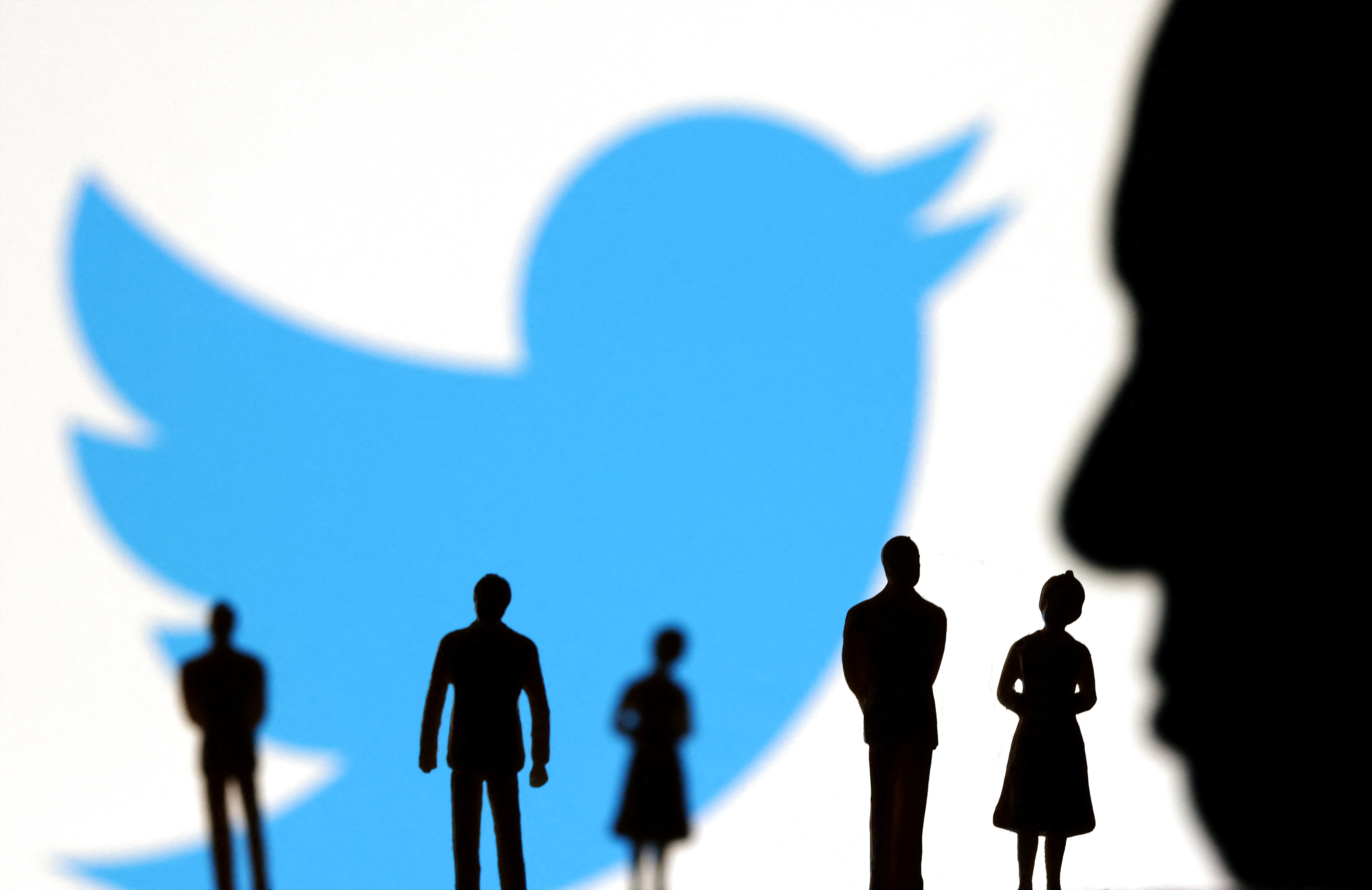
views
Facebook parent Meta is laying off 11,000 employees, or about 13% of its workforce, as it deals with declining revenue and broader tech industry woes, according to CEO Mark Zuckerberg in a letter to employees sent out Wednesday.
The layoffs come just a week after Twitter’s new owner, billionaire Elon Musk, laid off a large number of employees. Several job cuts have occurred at other tech firms that hired quickly during the pandemic.

So Why is This Happening?
“Unfortunately, this did not play out the way I expected,” Zuckerberg said in a prepared statement. “Not only has online commerce returned to prior trends, but the macroeconomic downturn, increased competition, and ads signal loss have caused our revenue to be much lower than I’d expected. I got this wrong, and I take responsibility for that.”
Zuckerberg also stated that he made the decision to hire aggressively, anticipating rapid growth even after the pandemic was over.
Following a surge of success as the world moved indoors during the pandemic, the tech industry has experienced a severe slowdown in recent months.
A report by the Guardian explained that a global economic downturn, rising interest rates, and regulatory challenges have prompted tech companies such as Alphabet and Amazon to reduce or eliminate hiring. Snap laid off 1,300 employees and reduced investments in late August.
According to an Axios report, Microsoft laid off around 1,000 employees across several divisions in October. Following Elon Musk’s $44 billion takeover of Twitter, the company laid off half of its workforce last week.
Facebook Losing Young Users, Apple’s Privacy Policies
In recent months, Meta has experienced uncertainty about the company’s future as its flagship platform Facebook loses young users and it faces revenue challenges due to changes in Apple’s privacy policies. Meanwhile, investors appear to be unconvinced by the company’s metaverse pivot, the report stated.
Meta has worried investors by pouring over $10 billion a year into the “metaverse” as it shifts its focus away from social media. Zuckerberg predicts the metaverse, an immersive digital universe, will eventually replace smartphones as the primary way people use technology.

Meta and its advertisers are bracing for a potential recession. There’s also the challenge of Apple’s privacy tools, which make it more difficult for social media platforms like Facebook, Instagram and Snap to track people without their consent and target ads to them.
Competition from TikTok is also an a growing threat as younger people flock to the video sharing app over Instagram, which Meta also owns.
What About Indian Workers Now?
An IANS report mentions how the worst lay-off has hit India teams too, albeit marginally, citing reliable sources.
In one of the worst lay-offs ever in the tech industry after Twitter – which saw 90 per cent of India team being sacked – Meta Founder and CEO Mark Zuckerberg fired about 13 per cent of the global workforce and extended hiring freeze through Q1 2023.
Sources told IANS that layoffs impacted Meta India team across verticals, although the exact number of affected employees could not be ascertained. The India unit of Meta did not immediately comment on an IANS query.
Meta is likely to have up to 400 employees in the country, and its business is doing relatively well.
According to business intelligence platform Tofler, net profit of Facebook India Online Services, the registered entity of Meta, jumped to Rs 297 crore in FY22 in comparison to Rs 128 crore in FY21, while its revenues grew 56 per cent to Rs 2,324 crore in FY22 from Rs 1,485 crore in FY21.
Last week, Meta announced that its India head, Ajit Mohan, decided to step down from his role at the company to pursue another opportunity. Mohan has taken over Indian operations of Snap, which is the parent company of Snapchat, which is growing exponentially in the country especially among the youth.
Meanwhile, Zuckerberg said that as a severance measure, the company will pay 16 weeks of base pay, along with two additional weeks for every year of service, “with no cap”. “Outside the US, support will be similar, and we’ll follow up soon with separate processes that take into account local employment laws,” he added.
A Series of Downs
Investors slashed the company’s market value by $80 billion (£69 billion) last month after it reported that profits had been cut in half during the third quarter. It was one of the most dramatic devaluations seen on Wall Street since the beginning of the year.
Meta’s third-quarter earnings were the latest in a string of poor results. It lost $230 billion in market value in February, the largest one-day loss in US corporate history.
Meta had hinted at job cuts after announcing a hiring freeze and potential restructuring in September.
“I had hoped the economy would have more clearly stabilised by now, but from what we’re seeing it doesn’t yet seem like it has, so we want to plan somewhat conservatively,” Zuckerberg told employees during the Q&A session last month.
The Dismal Tech Company Trend
As Big Tech firms reported less-than-stellar earnings in recent weeks, they also gave warning signs about the months ahead, Business Insider reported. Customers were cutting back on spending due to the looming threat of a recession, with few signs of a rebound on the horizon.
That means that in the coming weeks and months, those companies will be looking for ways to cut costs wherever they can, Dan Wang, an associate professor at Columbia Business School told Business Insider.
“When they cut costs, the first thing to go is typically labor costs and also advertising and marketing. So when it comes to forecast what their numbers will look like, it’ll depend on how they have seen the trend in advertising spending on their platforms. When that doesn’t look good, then they have to accommodate those expectations by adjusting the workforces,” he told Insider.
Murphy had explained that it always so happened in cycles like this that sometimes companies did not do layoffs significantly enough, but rather slowed down on hiring and hope that normal churn might rightsize them.
“Coming out of Q3, which was much more difficult than Q2, it became much more obvious how many headwinds there were, and startups realized they can’t grow out of this with the staff they have and actually have to lay people off,” he was quoted as saying.
This report was initially published on November 9, 2022
With inputs from IANS
Read all the Latest Explainers here



















Comments
0 comment